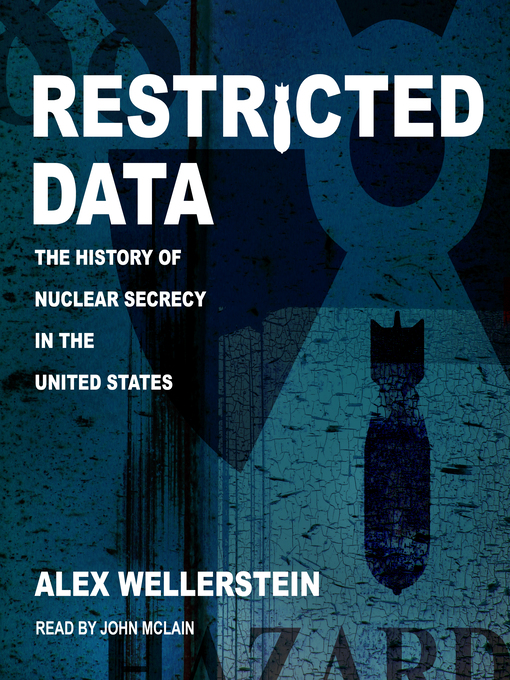- Favorite Magazines
- Crafting & DIY
- 中文(简体
- Travel & Outdoors
- Health & Fitness
- Business & Finance
- Fashion
- Entertainment
- Home & Garden
- News & Politics
- Food & Cooking
- Revistas
- Health & Fitness Magazines
- See all
Drawing on troves of declassified files, including records released by the government for the first time through the author's efforts, Restricted Data traces the complex evolution of the US nuclear secrecy regime from the first whisper of the atomic bomb through the mounting tensions of the Cold War and into the early twenty-first century. A compelling history of powerful ideas at war, it tells a story that feels distinctly American: rich, sprawling, and built on the conflict between high-minded idealism and ugly, fearful power.

